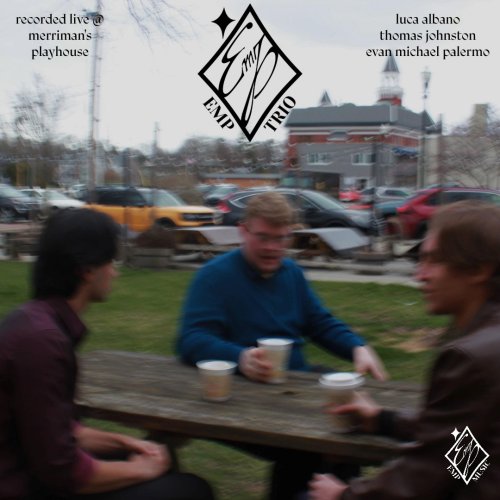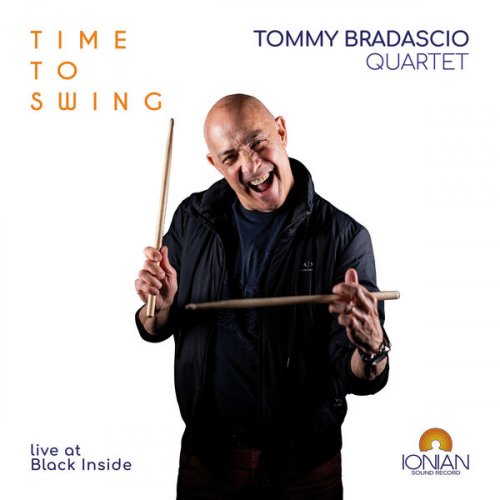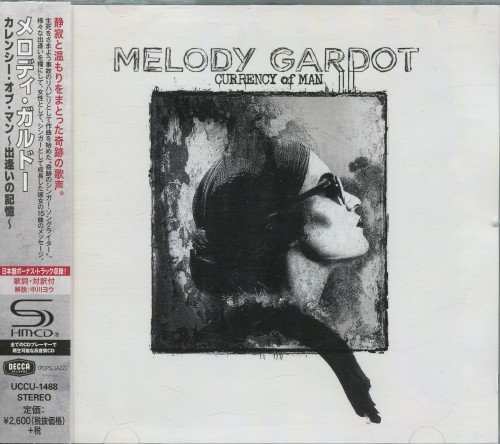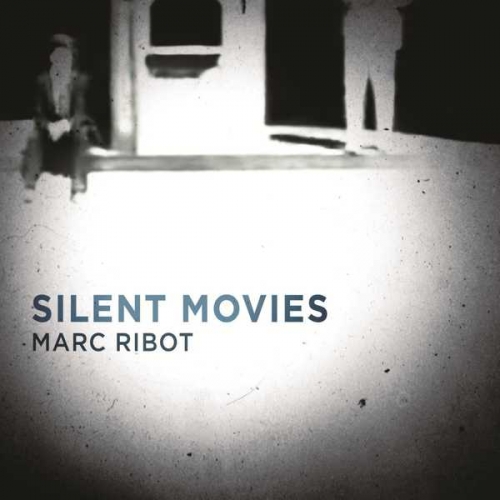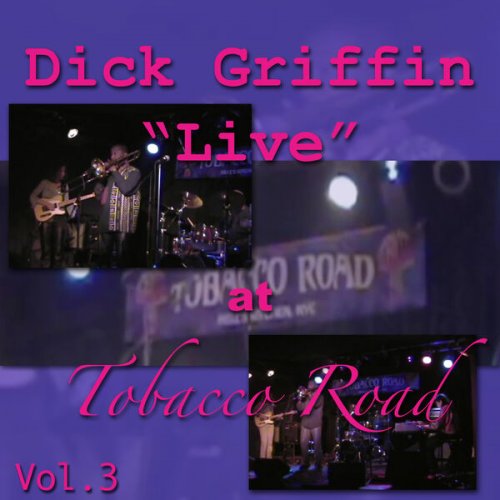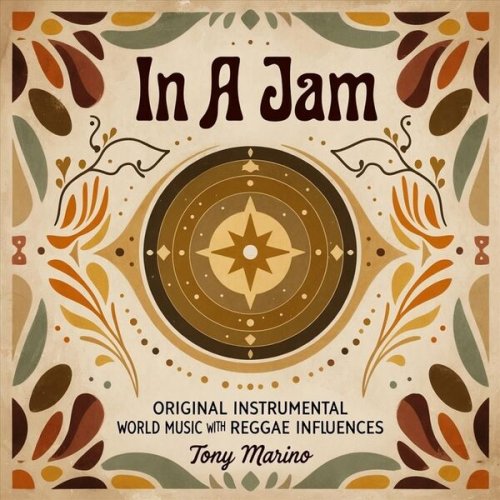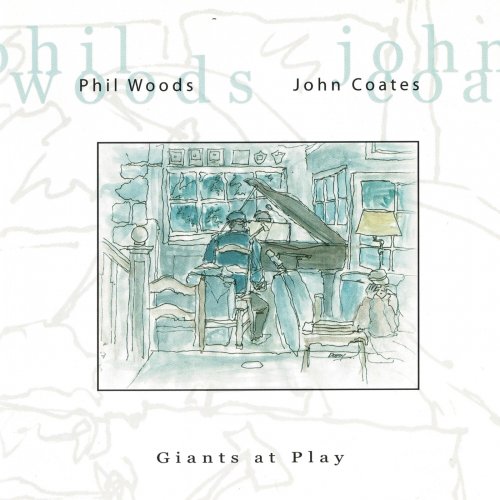Friedhelm Flamme - Saxer, Duben, Schiefferdecker: Complete Organ Works (2013)
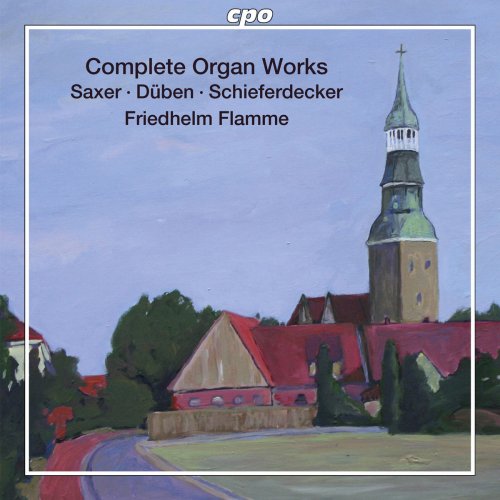
Artist: Friedhelm Flamme
Title: Saxer, Duben, Schiefferdecker: Complete Organ Works
Year Of Release: 2013
Label: CPO
Genre: Classical
Quality: FLAC (tracks+booklet)
Total Time: 73:47 min
Total Size: 325 MB
WebSite: Album Preview
Tracklist:Title: Saxer, Duben, Schiefferdecker: Complete Organ Works
Year Of Release: 2013
Label: CPO
Genre: Classical
Quality: FLAC (tracks+booklet)
Total Time: 73:47 min
Total Size: 325 MB
WebSite: Album Preview
01. Praeludium in D Major
02. Praeludium in E Minor
03. Praeludium in F Major
04. Allein Gott in der Hoh sei Ehr: Variatio 1-3
05. Wo Gott der Herr nicht bei uns halt
06. Praeludium Pedaliter
07. Erstanden ist der heilig Christ: Simpel - Variatio 1-3
08. Preambulum Pedaliter
09. Praeludium
10. Nun lob, mein Seel, den Herren
11. Preludium auff 2 clavier in E Minor
12. Preludium in A Minor
13. Preludium in G Minor
14. Preludium in G Major
15. Preludium in D Minor
16. Preludium in F Major
17. Preludium pedaliter in C Major
18. Preludium in D Major
19. Preludium: Toccata in A Minor: Preludium - Toccata in A Minor
20. Allein zu dir, Herr Jesu Christ
21. Ich ruf zu dir, Herr Jesu Christ
22. Meine Seele erhebet den Herren
While this is a thoroughly enjoyable release, I must begin the review with a complaint. The inclusion of this disc in a series devoted to “Organ Works of the North German Baroque” is patently a piece of false advertising, since several of the composers represented here were either Scandinavian by birth and heritage, or else made their careers in that region. Of course, given the strong links between the Lutheran churches of Scandinavia and those of North Germany, there is at this historical juncture no strong distinction between the two regions in terms of musical style, so the series presumably includes these figures on that basis. Still, it is a stretch, to put it mildly. Given both the extreme obscurity of the composers in this particular anthology, and the afore-noted elastic definition of “North German,” I also would venture to guess that this series is drawing near to a close.
This CD contains the complete surviving organ works of all eight composers represented on it—an indication not only of their obscurity, but also of how much music from that period has been lost over time through the ravages of wars and also sheer negligence. Most of the 22 works included here—eight by Gottlieb Sigismundus Nittauff, three apiece by Andreas Düben, Martin Düben, and Georg Wilhelm Dietrich Saxer, and one apiece by Gustav Düben, Ewald Hintz, Andreas Neunhaber, and Johann Schieferdecker—are brief preludes lasting one to four minutes in length; the longest piece is only 8:29. All of them are written in the same style as comparable works by Buxtehude, and if not particularly original reflect a solid craftsmanship that makes one regret that more works by these figures have not survived.
Almost next to nothing is known of this octet of organists. Andreas Düben (c.1597–1662) was born in Leipzig, where his father (also named Andreas) was organist at the Thomaskirche. He attended the University of Leipzig and then became a pupil of Sweelinck in Amsterdam in 1614. In 1620 he moved to Stockholm, where he became first the court organist, and subsequently organist of the city’s German Church (1625), court Kapellmeister (1640), and organist of the city’s “Great Church” (1649), making him the dominant figure in the city’s musical life. Numerous vocal and other instrumental works from him have also survived.
Martin Düben (c.1599–1649) was the younger brother of Andreas. Following in his elder sibling’s footsteps, he is believed to have studied with him in Leipzig and then like him in Amsterdam with Sweelinck. He also then moved to Stockholm in 1625, where he both succeeded his brother as court organist, and preceded him as organist of the Great Church from 1640 until his death in 1649.
Gustav Düben (c.1628–1690) was the son of Andreas. He inherited his father’s post as organist of the Great Church in Stockholm in 1662 and held it until his death. During a three-year study trip in Germany from 1645 to 1648, he copied out some 1,500 vocal and 300 instrumental works, now held in the library of Uppsala University, which contain many unique items. He also had the honor of being the dedicatee of Buxtehude’s choral masterpiece Membra Jesu nostri.
Andreas Neunhaber (1603–1663) appears to have spent his entire life in Danzig (now Gda?sk). A pupil of Paul Siefert (1586–1666), he became the organist of the smaller organ at the city’s Marienkirche in 1637 and in 1640 moved up to become organist of the more prestigious Katharinenkirche until his death.
Ewald Hintz (1613–1668) was also born in Danzig, but traveled more widely and achieved greater prominence. He studied in Vienna with Frohberger, and then at an unknown date returned to Danzig, where he became the organist at the city’s Johanniskirche. Sometime around 1656 he spent some years as organist to the royal court in Copenhagen, before again returning to Danzig about 1660. He ended his life as first organist of the larger organ in the Marienkirche from 1666 to 1668.
Gottlieb Sigismundus Nittauff (1685–1722) was born in Stockholm and baptized in the city’s German Church; his father was a member of the Royal Trumpet Corps. He is known to have undertaken musical studies in Hamburg; in 1705 he became organist of St. Jacob’s Church in Stockholm, and in 1710 advanced to the post of organist at the Göteborg Cathedral, where he remained until his death.
Georg Wilhelm Dietrich Saxer (??–1740) is believed to have been born in the city of Celle in Lower Saxony near the end of the 17th century, and may have been a pupil there of Arnold Matthias Brunckhorst (c.1670–1725), organist of the Celle Stadtkirche. When Brunckhorst left there in 1720 to become court organist in Hannover, Saxer failed in a bid to succeed him, but he subsequently obtained preferment as organist of the Lambertikirche in Lüneberg in 1728, and in 1734 succeeded the renowned Georg Böhm (1661-1733) as organist of the city’s Johanniskirche. In 1737 he relocated to Lübeck to become organist, church administrator, and bursar of that city’s Jacobikirche until his death.
Johann Christian Schieferdecker (1679–1732) was born in Teuchern in Saxony. He attended both the Thomasschule and the University in Leipzig, and had two of his earliest operas performed there. By 1702 he had become harpsichordist of the famed Oper am Gänsemarkt in Hamburg, where he wrote several more operas, of which only the libretti have survived. In 1706 he journeyed to Lübeck to stand in at the city’s Marienkirche for the aged Dietrich Buxtuhude, and in the following year succeeded him as organist there upon the latter’s death. In so doing he also fulfilled the contractual obligation to wed Buxtehude’s daughter Anna Margaretha, just as Buxtehude had wed the daughter of his predecessor, Franz Tunder. Schieferdecker remained there until his death; in addition to this single organ work, several other vocal and instrumental compositions of his survive.
As with the works of Hieronymus Praetorius I reviewed in 36:3, Friedhelm Flamme proves himself to be a complete master of this repertoire, both technically and stylistically, and the 17th-century organ of the Church of St. Mary in Elsinore (did Hamlet ever play it?) is ideally suited to the task. As usual, CPO provides top-notch recorded sound and detailed booklet notes, including complete specifications of the organ. If there are no major previously unknown treasures unearthed here, this disc nonetheless will delight any fan of German baroque organ music and is warmly recommended.
This CD contains the complete surviving organ works of all eight composers represented on it—an indication not only of their obscurity, but also of how much music from that period has been lost over time through the ravages of wars and also sheer negligence. Most of the 22 works included here—eight by Gottlieb Sigismundus Nittauff, three apiece by Andreas Düben, Martin Düben, and Georg Wilhelm Dietrich Saxer, and one apiece by Gustav Düben, Ewald Hintz, Andreas Neunhaber, and Johann Schieferdecker—are brief preludes lasting one to four minutes in length; the longest piece is only 8:29. All of them are written in the same style as comparable works by Buxtehude, and if not particularly original reflect a solid craftsmanship that makes one regret that more works by these figures have not survived.
Almost next to nothing is known of this octet of organists. Andreas Düben (c.1597–1662) was born in Leipzig, where his father (also named Andreas) was organist at the Thomaskirche. He attended the University of Leipzig and then became a pupil of Sweelinck in Amsterdam in 1614. In 1620 he moved to Stockholm, where he became first the court organist, and subsequently organist of the city’s German Church (1625), court Kapellmeister (1640), and organist of the city’s “Great Church” (1649), making him the dominant figure in the city’s musical life. Numerous vocal and other instrumental works from him have also survived.
Martin Düben (c.1599–1649) was the younger brother of Andreas. Following in his elder sibling’s footsteps, he is believed to have studied with him in Leipzig and then like him in Amsterdam with Sweelinck. He also then moved to Stockholm in 1625, where he both succeeded his brother as court organist, and preceded him as organist of the Great Church from 1640 until his death in 1649.
Gustav Düben (c.1628–1690) was the son of Andreas. He inherited his father’s post as organist of the Great Church in Stockholm in 1662 and held it until his death. During a three-year study trip in Germany from 1645 to 1648, he copied out some 1,500 vocal and 300 instrumental works, now held in the library of Uppsala University, which contain many unique items. He also had the honor of being the dedicatee of Buxtehude’s choral masterpiece Membra Jesu nostri.
Andreas Neunhaber (1603–1663) appears to have spent his entire life in Danzig (now Gda?sk). A pupil of Paul Siefert (1586–1666), he became the organist of the smaller organ at the city’s Marienkirche in 1637 and in 1640 moved up to become organist of the more prestigious Katharinenkirche until his death.
Ewald Hintz (1613–1668) was also born in Danzig, but traveled more widely and achieved greater prominence. He studied in Vienna with Frohberger, and then at an unknown date returned to Danzig, where he became the organist at the city’s Johanniskirche. Sometime around 1656 he spent some years as organist to the royal court in Copenhagen, before again returning to Danzig about 1660. He ended his life as first organist of the larger organ in the Marienkirche from 1666 to 1668.
Gottlieb Sigismundus Nittauff (1685–1722) was born in Stockholm and baptized in the city’s German Church; his father was a member of the Royal Trumpet Corps. He is known to have undertaken musical studies in Hamburg; in 1705 he became organist of St. Jacob’s Church in Stockholm, and in 1710 advanced to the post of organist at the Göteborg Cathedral, where he remained until his death.
Georg Wilhelm Dietrich Saxer (??–1740) is believed to have been born in the city of Celle in Lower Saxony near the end of the 17th century, and may have been a pupil there of Arnold Matthias Brunckhorst (c.1670–1725), organist of the Celle Stadtkirche. When Brunckhorst left there in 1720 to become court organist in Hannover, Saxer failed in a bid to succeed him, but he subsequently obtained preferment as organist of the Lambertikirche in Lüneberg in 1728, and in 1734 succeeded the renowned Georg Böhm (1661-1733) as organist of the city’s Johanniskirche. In 1737 he relocated to Lübeck to become organist, church administrator, and bursar of that city’s Jacobikirche until his death.
Johann Christian Schieferdecker (1679–1732) was born in Teuchern in Saxony. He attended both the Thomasschule and the University in Leipzig, and had two of his earliest operas performed there. By 1702 he had become harpsichordist of the famed Oper am Gänsemarkt in Hamburg, where he wrote several more operas, of which only the libretti have survived. In 1706 he journeyed to Lübeck to stand in at the city’s Marienkirche for the aged Dietrich Buxtuhude, and in the following year succeeded him as organist there upon the latter’s death. In so doing he also fulfilled the contractual obligation to wed Buxtehude’s daughter Anna Margaretha, just as Buxtehude had wed the daughter of his predecessor, Franz Tunder. Schieferdecker remained there until his death; in addition to this single organ work, several other vocal and instrumental compositions of his survive.
As with the works of Hieronymus Praetorius I reviewed in 36:3, Friedhelm Flamme proves himself to be a complete master of this repertoire, both technically and stylistically, and the 17th-century organ of the Church of St. Mary in Elsinore (did Hamlet ever play it?) is ideally suited to the task. As usual, CPO provides top-notch recorded sound and detailed booklet notes, including complete specifications of the organ. If there are no major previously unknown treasures unearthed here, this disc nonetheless will delight any fan of German baroque organ music and is warmly recommended.
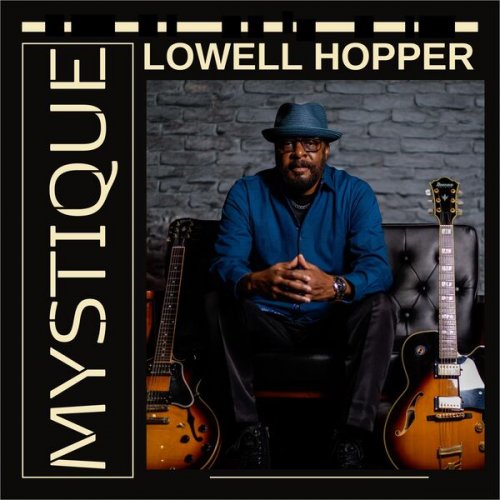
![Jake Baxendale - Gardening Music, Volume 1 (2025) [Hi-Res] Jake Baxendale - Gardening Music, Volume 1 (2025) [Hi-Res]](https://img.israbox.com/img/2026-01/12/h1xq4dp1lh5mal47e7fhs2e8t.jpg)
